Let’s face it. We’ve all had days where things didn’t go quite like we expected. We had a plan and that plan was in motion. Suddenly everything gets changed.
I had a week like that recently. Things were moving along when suddenly the brakes got applied by someone else driving the car. I wasn’t supposed to be driving the car; I was in the backseat but still expected we were going somewhere. And, in the end, that didn’t end up happening. If you’re like me, on days like that, you leave with a lot of questions — questions about yourself, your team, and your organization. So I spent some time evaluating my responses in these situations over the years. Here are some questions I ask myself when things don’t end up going my way.
Are you trusting your leadership?
The assumption here is that you are in a healthy environment. (If you’re not, I’ll talk about that in a later post.) As leaders in a healthy environment, we are responsible for creating an environment of trust. As followers, we must choose to trust our leadership. Even when we have questions. Even when we don’t have all the answers. Even when we don’t understand. My oldest daughter and I just had this conversation recently. Ultimately, the question we asked ourselves was “are we believing the best or are we believing the worst?”
When you’re at fault, do you take on conviction or condemnation?
Putting it another way, what do you do when you make a mistake? Do you beat yourself up and shrink back or do you learn from the situation? One of the best supervisors I have ever had taught me this well. As a kid, somewhere along the way I took on the responsibility of being perfect. When I made a mistake, it was the end of the world. I took that into my adult world until Dave came along. He taught me something that I missed along the way growing up — mistakes are the only way that we learn and grow. By attempting to be perfect in all situations, we become stagnant. It’s when we make mistakes that we actually learn and grow. In spiritual terms, are you growing through the conviction of the Holy Spirit or are you taking on condemnation from our enemy? One leads to growth; the other leads to stagnation. Conviction leads to our growth. Condemnation ends in frustration (with ourselves and others) and ultimately bitterness.
It’s when we make mistakes that we actually learn and grow.
Do you still give it your all?
At this point, we make a decision to “check in” or to “check out.” I’ve done both. It’s in these difficult times that we need to fully engage. If it’s a project, an event, or a program, are you still giving your all even though everything didn’t go quite the way you had planned? Are you attempting to make this “thing” the best it can be despite your disappointment?
Do you become part of the solution or do you become part of the problem?
In times like these, it’s easy to identify what went wrong, who was at a fault, and how it should be different. Perhaps your assessment is right; perhaps it is wrong. In either case, are you contributing to the frustration of your team and your organization by complaining about the problem? Or are you contributing to a solution? Do you have ideas on how you and your team can improve next time? Then share those with the appropriate person that can help you become part of the solution rather than the problem. Notice I said “appropriate” person. Sharing with the wrong people merely results in gossip.
Do you want people to see Jesus or do you want people to see your point?
I wish I could say that my response has always been the first. Often it’s not. However, in this most recent example, I kept reminding myself that my ultimate desire was to walk through this like Jesus. Even in this case, was I perfect? Probably not. But the reminder of making sure people see Jesus and not my point will help to keep my heart in the right place.









Great post, Jon.